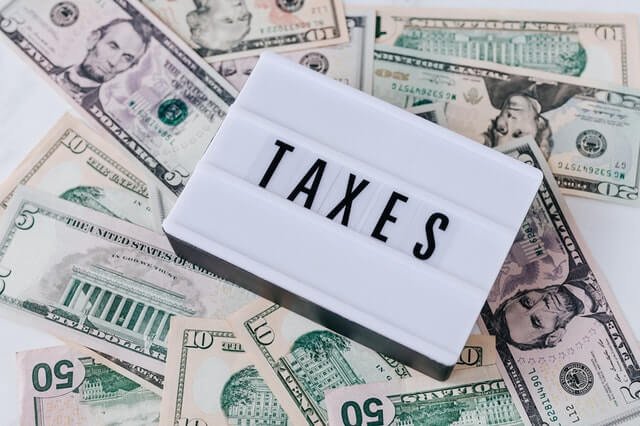
Retrieving Shares from IEPF
Retrieving Shares from IEPF: Step-by-Step Recovery Process
Verification: Establish if unpaid dividends or unclaimed shares make certain shares transferable to the IEPF.
Claim Submission: On the IEPF website, fill out the online claim form and attach the necessary files.
Firm verification: If the claim is found to be legitimate, the firm confirms it and gives its approval.
Transfer to IEPF Authority: If the transfer of unclaimed shares is approved, they are delivered to the IEPF authority.
Claim Verification: The IEPF verifies a claim’s validity and distributes shares to the claimant’s Demat account if it is valid.
Settlement of the Claim: The claim is resolved, and the claimant is given custody of the shares once more.
Essential Documentation for Reclaiming Shares from IEPF
Individual Tax Services
Fill out the necessary claim form, which is available on the IEPF website.
Give a copy of an identity card that is currently valid, such as a passport, voter ID, Aadhaar card, or PAN card.
An Aadhaar card, passport, utility bill, bank statement, or other form of address verification should be given.
Share certificates, Demat account statements, or transaction receipts are a few examples of the kinds of proof of ownership that must be offered.
A statement from the corporation outlining Unclaimed Shares should be enclosed, if appropriate.
In rare cases, it may be essential to provide an indemnity bond and an affidavit on stamp paper proving ownership and defending the IEPF’s jurisdiction.
As evidence of your bank account details, enclose a voided check or bank statement.
Passport-size Photo: In this part, provide a recent picture of the claimant.


Uncovering the Varied Reasons Behind Unclaimed or Lost Shares
Mergers & Acquisitions
Change of Address: Shareholders may not get communications about dividends or other corporate activities if they neglect to update their address with the firm or registrar.
Shareholders who have passed away: Unclaimed shares may result when a shareholder’s legal heirs or beneficiaries are not aware of their ownership..
Non-Receipt of Dividends: Unclaimed dividends may result from shareholders who do not pay dividend warrants or who do not give bank information for direct credit.
Inactive Accounts: Shares that are dormant or inactive Demat accounts may go unclaimed.
Transfer of Ownership: Shares that are given or transferred without the necessary paperwork or follow-up procedures may not be reclaimed.
Shareholders may lose sight of their investments as a result of corporate mergers, name changes, or reorganization.
Changes in laws, rules, or compliance standards can occasionally be confusing or make the claim process more difficult.
Non-Response to Notices: Unclaimed shares may be considered lost if their owners fail to reply to corporate notices or regulatory correspondence.
Shares that were inherited without the required paperwork or legal procedures can go unclaimed.
Shares that remain unclaimed may also be the result of lost, broken, or misplaced physical share certificates.
Investors should keep their contact information current, keep accurate records, be aware of their investments, and reply quickly to correspondence from businesses and regulatory bodies to prevent unclaimed shares.
